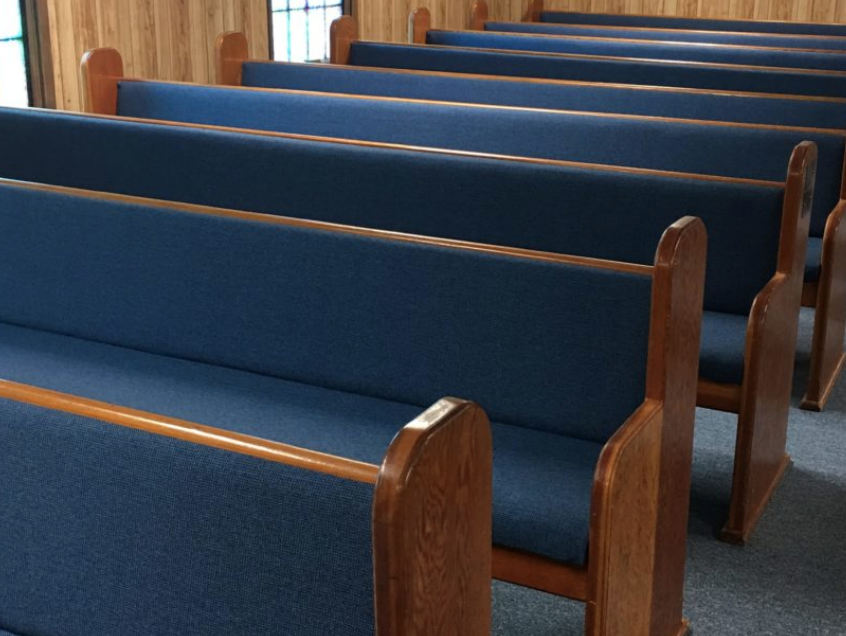In times of turmoil, brutality, fire and rage, black preachers have always turned to the Old Testament prophets.
Hear Jeremiah addressing the king and his court: "Thus says the Lord: Act with justice and righteousness, and deliver from the hand of the oppressor anyone who has been robbed. And do no wrong or violence to the alien, the orphan and the widow, or shed innocent blood. … (If) you will not heed these words, I swear by myself, says the Lord, that this house shall become a desolation."
There's plenty more where that came from. No one is shocked when black pastors take biblical texts about sin, justice, repentance and mercy and weave them into images and headlines from the news, said the Rev. Terriel Byrd, urban ministry professor at Palm Beach Atlantic University. This is a crucial role they have always played in their communities and as bridgebuilders to others.
"Even when they know that what they're going to say will be rejected, they dare to speak as prophets," he said. "They aren't afraid to preach what they need to preach. If you go to church during times like these, you know a black preacher will not be silent."
After decades of studying the art of preaching -- he is the former president of the African American Caucus of the Academy of Homiletics -- Byrd knows that traditions are different in white sanctuaries. But he is convinced America needs to hear from all kinds of preachers after the killing of George Floyd, his neck under the knee of a white Minneapolis police officer.
On the streets, some white police are kneeling -- this is powerful symbolism on many levels -- with protestors in prayer. Unity across racial lines in churches will be just as important.
Black church leaders will be on the scene during peaceful protests. When it's time to heal and clean up, all kinds of religious believers will take part -- black, white, whatever. But will they be able to speak together?
"It's crucial for white-church leaders to step forward and take a leadership role at this moment," said Byrd, reached by telephone. "If we have some true partnerships form, with a real sense of honesty and equality, we could see a way forward and make real progress fighting this injustice."
This is not, of course, the first time that clergy have faced this challenge.





